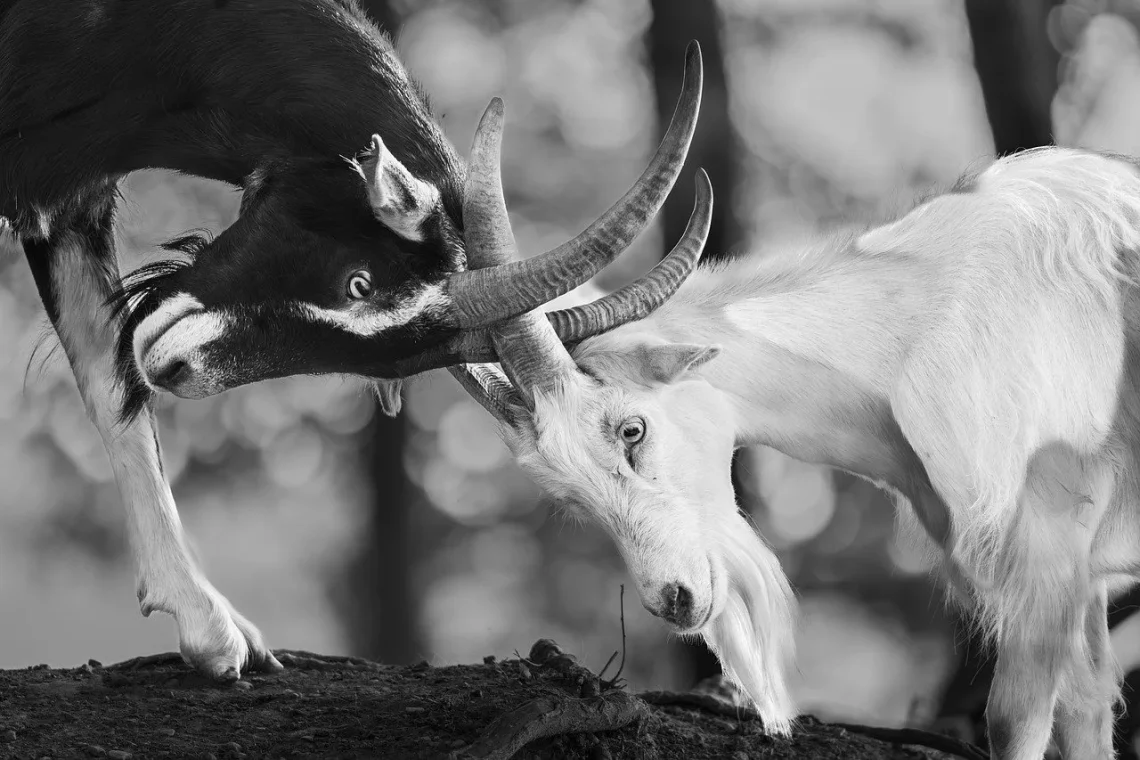
The Empowering Journey of Women UFC Fighters in the Spotlight
The rise of women in the world of mixed martial arts (MMA) has been nothing short of remarkable. As the sport continues to evolve, female fighters have taken center stage, breaking barriers and challenging stereotypes that have existed for decades. This transformation is not just about athletic prowess; it reflects a broader cultural shift towards gender equality and empowerment. Women UFC fighters are not just competitors; they are role models who inspire countless individuals around the world through their dedication, resilience, and groundbreaking achievements.
The path to success for these athletes is laden with challenges, yet their journeys are marked by perseverance and a fierce determination to excel in a male-dominated arena. The growing popularity of women in the UFC has opened doors for increased visibility and recognition, allowing these athletes to showcase their skills and share their stories. Their experiences resonate with audiences, illustrating not just the physical demands of the sport, but the mental fortitude required to succeed at the highest levels.
As we delve deeper into the empowering journey of women UFC fighters, it becomes clear that their impact extends far beyond the octagon. Their influence is felt in various spheres, from promoting self-defense and fitness to advocating for social change and equality. This article will explore the evolution of women in UFC, the challenges they face, the triumphs they’ve achieved, and the future of female fighters in the sport.
The Evolution of Women in Mixed Martial Arts
The journey of women in mixed martial arts has been a gradual yet powerful evolution. Initially, the sport was predominantly male-centric, with women facing significant challenges to gain recognition and respect. However, the early pioneers of women’s MMA laid the groundwork for future generations, proving that female athletes could compete at the highest levels.
Fighters like Ronda Rousey emerged as trailblazers, bringing women’s MMA into the limelight. Rousey’s charisma and talent captured the attention of fans worldwide, demonstrating that women could not only participate in the sport but excel and draw massive audiences. Her success paved the way for the UFC to establish a women’s division, a monumental step that changed the landscape of MMA forever.
This evolution has not only been about the establishment of competitive divisions but also about the changing perceptions of women in sports. As female fighters began to showcase their skills, they challenged traditional gender roles and stereotypes associated with combat sports. Their presence in the octagon has encouraged more women to participate in martial arts, fostering a new generation of female fighters who are empowered to pursue their dreams.
The evolution of women in MMA is also reflected in the growing media coverage and sponsorship opportunities available to female fighters. As the sport gained popularity, brands began to recognize the potential of associating with women athletes, leading to lucrative endorsement deals and increased visibility. This shift has empowered fighters to pursue their careers with greater financial stability and recognition.
In summary, the evolution of women in mixed martial arts has been a transformative journey characterized by resilience, determination, and the breaking of barriers. As the sport continues to grow, the contributions of female fighters will undoubtedly shape its future and inspire many to follow in their footsteps.
Challenges Faced by Female Fighters
Despite the progress made, female fighters in the UFC face a myriad of challenges that can hinder their paths to success. One of the most significant obstacles is the ongoing issue of gender inequality in sports. While the visibility of women in MMA has increased, disparities in pay and sponsorship opportunities remain prevalent. Female fighters often earn less than their male counterparts for the same level of competition, a reality that highlights the need for continued advocacy for equality in the sport.
Moreover, female fighters frequently encounter societal pressures and stereotypes that question their legitimacy as athletes. The perception that women are physically weaker or less competitive can lead to a lack of support and recognition. These preconceived notions can affect their mental well-being and confidence, making it essential for female fighters to cultivate resilience and a strong support system.
In addition to external challenges, female fighters also face internal struggles related to self-doubt and mental health. The pressures of competition, combined with societal expectations, can lead to anxiety and stress. Many athletes find it vital to prioritize their mental health, seeking support from coaches, teammates, and mental health professionals to navigate the unique challenges they face.
Training regimens for female fighters can also differ from their male counterparts. Due to physiological differences, female fighters may need to tailor their training to focus on their strengths while addressing specific areas for improvement. This requires a deep understanding of their bodies and a willingness to adapt their training methods accordingly.
Ultimately, overcoming these challenges requires a combination of personal determination, community support, and systemic change within the sport. As female fighters continue to rise and make their mark, their experiences shed light on the importance of addressing these issues for future generations.
Inspiring Triumphs and Milestones
The stories of triumph among female UFC fighters are as diverse as the athletes themselves. Each fighter brings a unique narrative of perseverance, resilience, and success that resonates with fans and aspiring athletes alike. These triumphs not only highlight individual achievements but also represent milestones for women in combat sports.
One of the most notable triumphs in women’s MMA is the emergence of champions who have broken records and set new standards. Fighters like Amanda Nunes and Valentina Shevchenko have not only dominated their respective divisions but have also become symbols of what is possible for women in sports. Their dedication to their craft and their ability to overcome challenges serve as inspiration for countless individuals, encouraging them to pursue their passions fearlessly.
Additionally, the accomplishments of female fighters extend beyond the octagon. Many have used their platforms to advocate for important social issues, raising awareness about topics such as mental health, body positivity, and gender equality. Their willingness to speak out and share their experiences has empowered others to do the same, fostering a sense of community and support among women in sports.
Moreover, female fighters have played a crucial role in promoting martial arts as a viable and empowering option for women of all ages. Through workshops, seminars, and grassroots initiatives, they have encouraged young girls to explore martial arts, instilling confidence and self-defense skills that can be invaluable throughout their lives.
The triumphs of women in the UFC also underscore the importance of representation in sports and media. As more female fighters gain recognition, they inspire not only future athletes but also challenge the status quo, paving the way for a more inclusive and equitable sporting landscape.
In essence, the inspiring triumphs of female UFC fighters transcend individual achievements; they symbolize a collective movement towards empowerment and equality in sports. These athletes continue to break barriers, reminding us of the strength and resilience inherent in pursuing one’s dreams.
The Future of Women in UFC
The future of women in the UFC appears bright, with an ever-growing community of athletes and fans supporting their journey. As the sport continues to evolve, the inclusion and recognition of female fighters are likely to expand, creating new opportunities for competition and visibility.
One of the most promising aspects of the future is the increasing interest in women’s divisions among promoters and organizations. As female fighters continue to demonstrate their skills and attract audiences, it is imperative that promotional bodies prioritize investment in women’s events. This includes offering more main card spots, hosting female-only events, and ensuring equitable pay for women fighters.
Moreover, the rise of social media has provided female fighters with a platform to connect with fans and promote their brand. As athletes engage with their followers, they can build a loyal fan base and leverage their popularity for sponsorship opportunities. This newfound visibility empowers fighters to take control of their careers and advocate for their worth in a competitive landscape.
Additionally, the growth of women-specific training camps and academies is likely to play a crucial role in nurturing the next generation of female fighters. These environments foster a sense of community and support, allowing women to train alongside one another and learn from experienced coaches. As these facilities continue to emerge, they will help cultivate talent and encourage more young girls to pursue martial arts.
Finally, the ongoing discussions surrounding gender equality in sports will continue to shape the future landscape of women in the UFC. As athletes, fans, and advocates push for change, the collective effort to promote equity and representation will further empower female fighters to break barriers and achieve their goals.
In conclusion, the future of women in the UFC is filled with potential and promise. As female fighters continue to inspire, advocate, and excel, they are not only shaping the sport but also creating a legacy of empowerment that will resonate for generations to come.
*This article is for informational purposes only and should not be considered medical advice. For any health-related concerns, please consult a qualified healthcare professional.*




